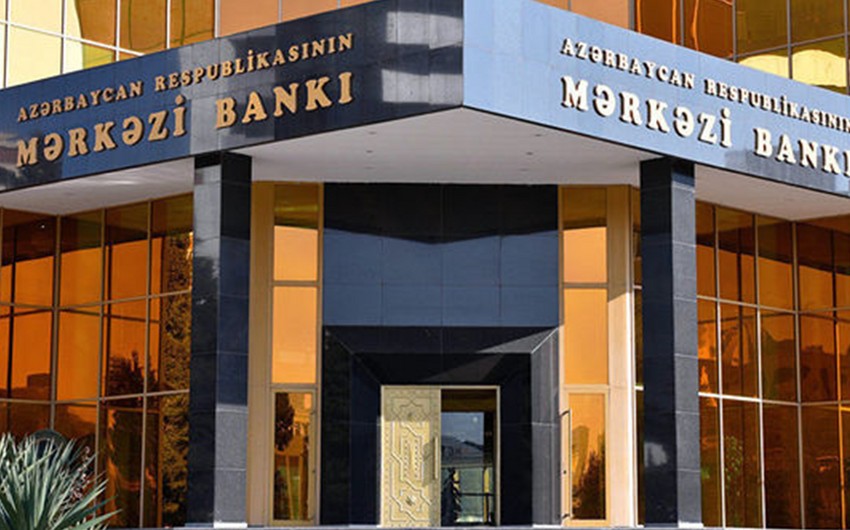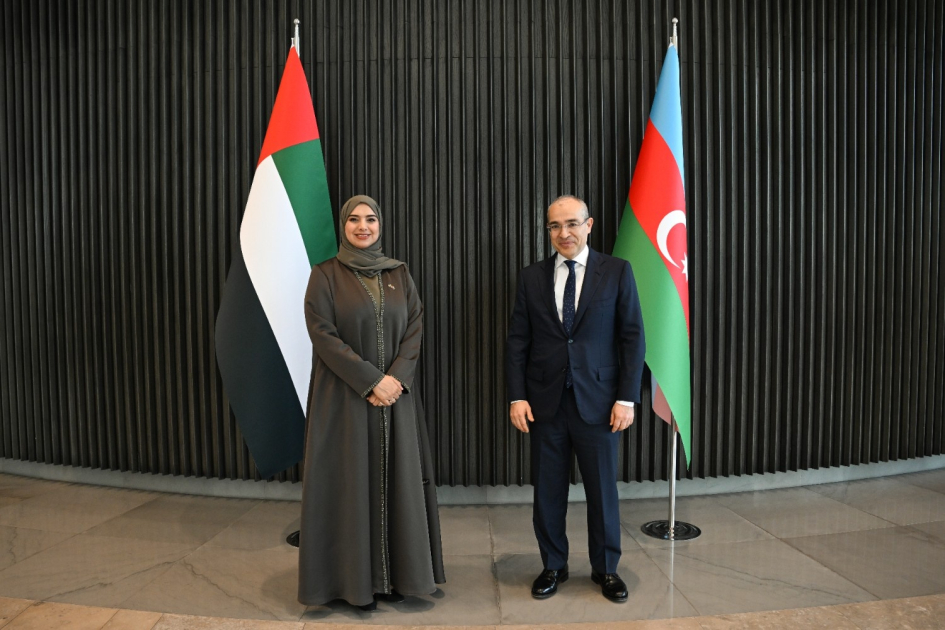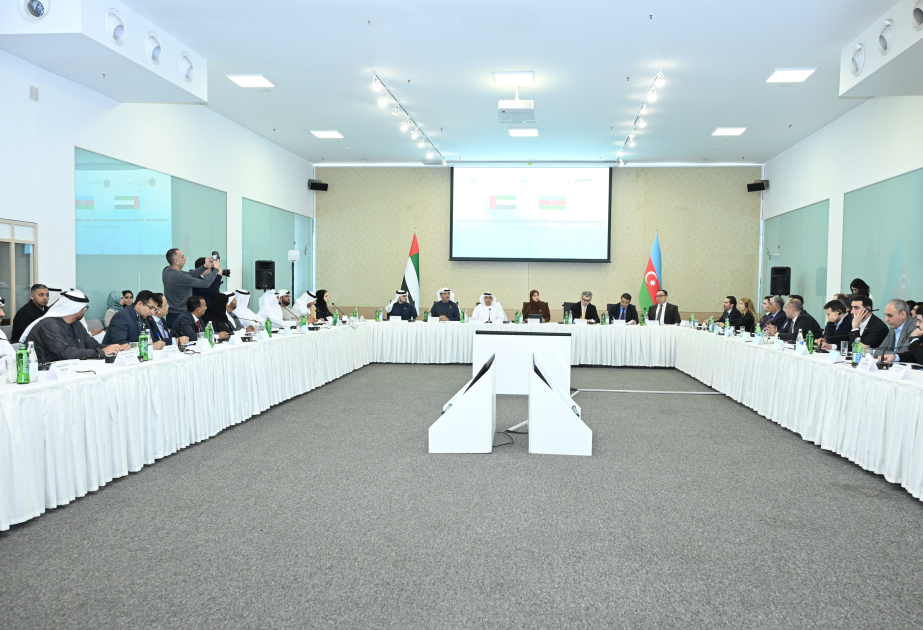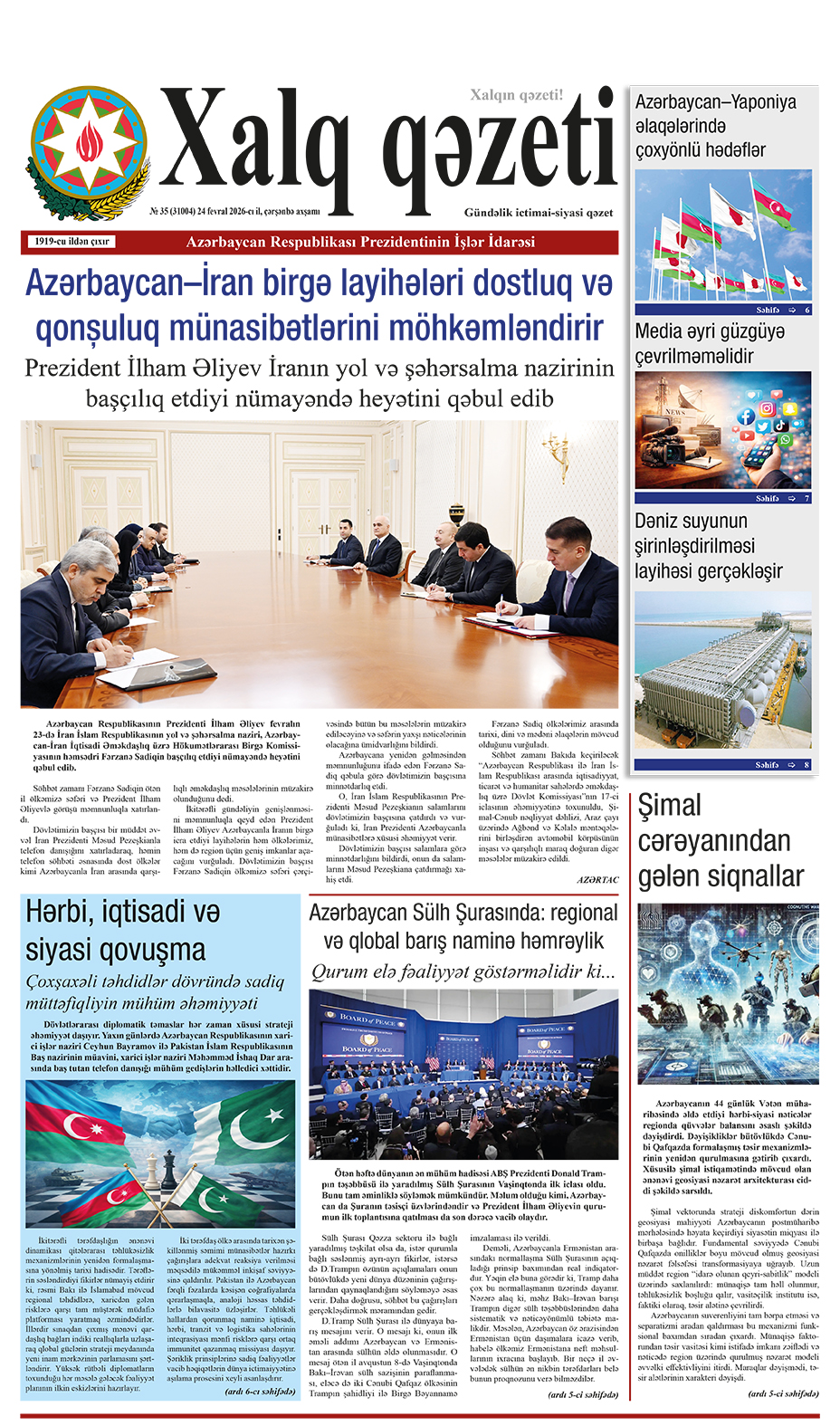Azerbaijan's banking and microfinance sectors in 2023
2023 was a rich year for the banking sector in Azerbaijan.
Let's start with the fact that the law on the Central Bank of Azerbaijan (CBA) has changed. The functions of the institution were redefined, and the number of members of the Management Board was raised.
Last year, the CBA reviewed the parameters of the interest rate corridor (IRC) eight times. The Bank gradually changed the discount rate from 8.25% to 8%, reduced the IRC upper limit from 9.25% to 9%, and increased the lower limit from 6.25% to 6.5%.
The number of banks in Azerbaijan also decreased in 2023. CBA canceled the licenses of Gunay Bank and Mugan Bank JSCs. The CBA explained its decision by the fact that the total capital of the banks was less than the minimum requirement (50 million manats - $29.4 million) and their capital adequacy ratio was less than 3%, they do not perform their current activities reliably and prudently, as well as the inadequacy of internal management and control procedures. With that, the number of commercial banks in the country dropped from 25 to 23.
During the reporting period, interesting processes took place around Azerbaijan's Nakhchivan Bank OJSC, the only regional bank in the country. Family members of the former chairman of the Supreme Assembly of the Nakhchivan Autonomous Republic, Vasif Talibov, lost control of the bank. Shares were transferred to 3 new individuals. In addition, approximately 60 million manats ($35.3 million) of the consumer credits portfolio were transferred to Kapital Bank OJSC. Although this gave rise to speculation that the regional bank would close or merge with another bank, these possibilities were officially denied.
Moreover, the Baku branch of the National Bank of Iran was shut down during the year. The CBA explained this step with the possibility of the legalization of money obtained through crime.
Since last year, the annual interest income paid by local banks and local branches of foreign banks on deposits of individuals in Azerbaijan has been taxed at a rate of 10%. The aforementioned incomes were exempted from tax for 7 years from February 1, 2016. In this regard, the term of the amendment to the Tax Code was not extended. However, according to the changes made to the Code during the year, from this year the persons who made deposits in the bank for a period of at least 18 months and received their interest at the end of the period were exempted from tax. Up to 200 manats ($117.65) of income of those who receive their interest monthly will not be taxed.
In 2023, the liquidation process of closed banks in Azerbaijan was continued. The Deposit Insurance Fund has made some innovations. The fund launched a portal for the sale of properties under its control and a separate portal for creditors.
Last year, CBA took a number of steps to protect the rights of financial consumers. The Bank has started to disclose the names of the financial institutions that have taken punitive measures, as well as the indices of complaints related to various aspects of the financial sector.
The law "On Payment Services and Payment Systems," which has been under discussion for 5 years in Azerbaijan, was approved and entered into force during the year. According to the law, companies operating in the country's payment services market have been given 6 months - until May of this year - to register with the CBA and get a license.
According to the updated version of the "Standards of Corporate Governance for Banks" approved by the CBA in 2023, Azerbaijani banks have 6 months - until April of this year - to prepare a new strategic plan.
Near the end of the year, the CBA imposed a capital requirement for currency exchange activities. According to the "Requirements regarding the minimum amount on charter (partnership) capital for the implementation of currency exchange activities, the amount of collateral, and the form of the opinion on redemption" approved by the board of the CBA, the capital requirement is set at 600,000 manats ($352,941.18) in Baku, 300,000 manats ($176,470.59) for each additional object, 150–450,000 manats ($88,235.29–$264,705.88) outside the capital, and 0–150,000 manats ($88,235.29) for each additional object. Persons who have received a license for currency exchange activities must fulfill this requirement within 6 months.
2023 was an interesting year for the microfinance sector in Azerbaijan.
During the year, the bill on non-bank credit institutions (NBCIs) was amended in the country. Hence, NBCIs were given the authority to issue credit cards, and the procedure for acquiring a significant share in this type of credit organization was updated.
Last year, the number of NBCIs in Azerbaijan decreased from 55 to 54. The Central Bank of Azerbaijan (CBA) revoked the licenses of the de facto bankrupt Union Kredit, Gold Finance, and Visa Kredit NBCIs and instead granted licenses to Nova Credit and Caspian Finance NBCIs. The state registration of Anexs, Irshad, Mojo Az, and MGN Capital NBCIs, which were registered by the State Tax Service under the Ministry of Economy in 2023, was postponed until 2024.
By the way, the CBA fined officials of five NBCIs during the year. Thus, the official of Azkredit OJSC, who committed violations of the law within the framework of the current control processes carried out by the institution, was fined 1,500 manats ($882.67), the official of Asel Credit LLC - 3,000 manats ($1,765.34), the official of Finoko OJSC - 4,500 manats ($2,647.98), the official of TBC Credit LLC - 6,000 manats ($3,530.64), and the official of PSG Finans LLC - 6,000 manats. However, the violations did not affect the financial stability of credit institutions.
Last year, the bill on credit unions in Azerbaijan was also amended. But the amendment was technical.
Jala Hajiyeva, executive director of the Azerbaijan Microfinance Association (AMFA) Public Union, commented on last year's results: "We expect that the socio-economic situation of the self-employed population group and micro-entrepreneurs will improve with the entry into force of the amendments made in the bill on NBCIs. By supporting self-employment and entrepreneurship, the state reduces the burden of social benefits given to people working in this sector and provides access to finance for the population group that is outside of banking services. As for the sector itself, this year there was a 25% increase in the loan portfolio and a 10% increase in the number of employees".





















